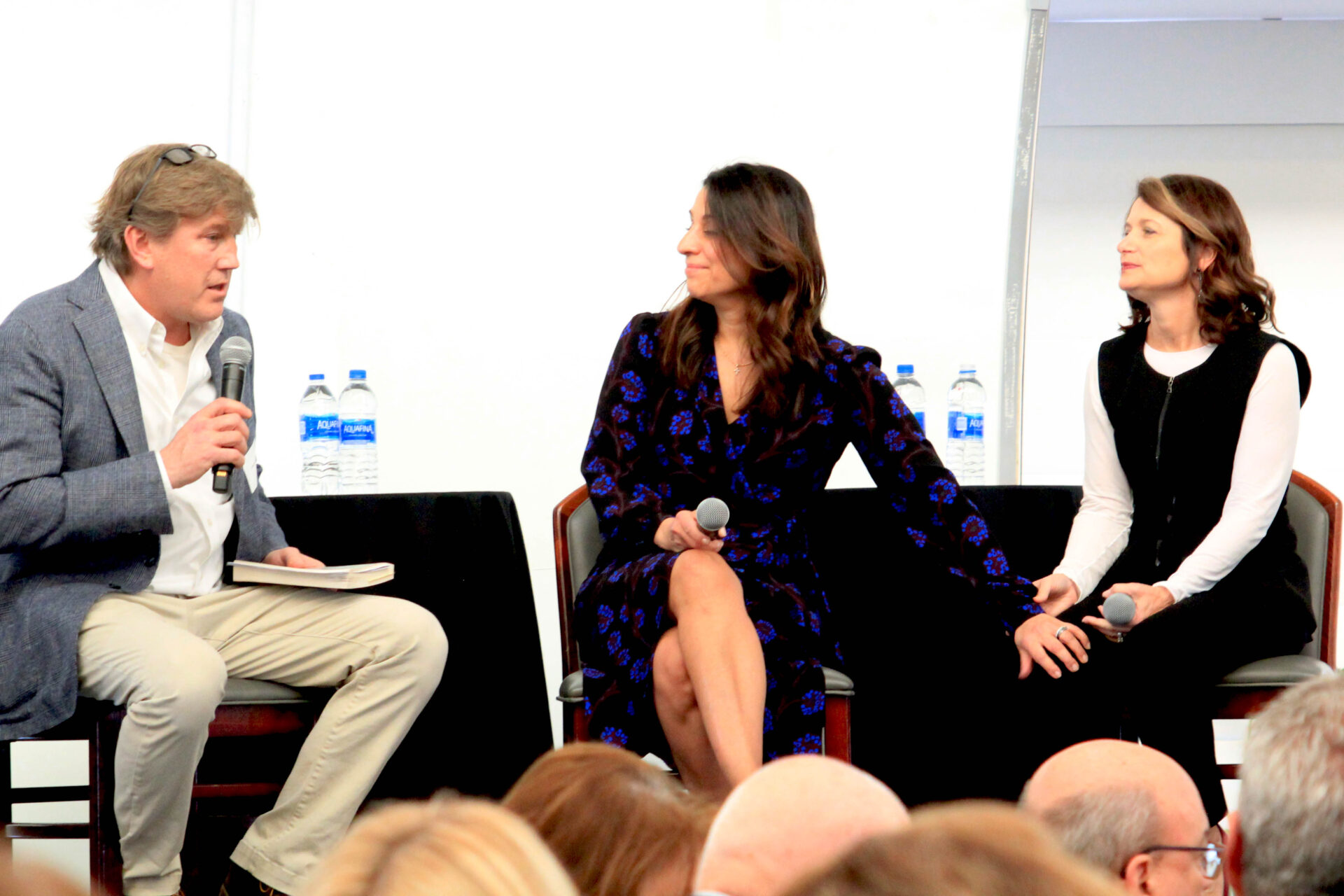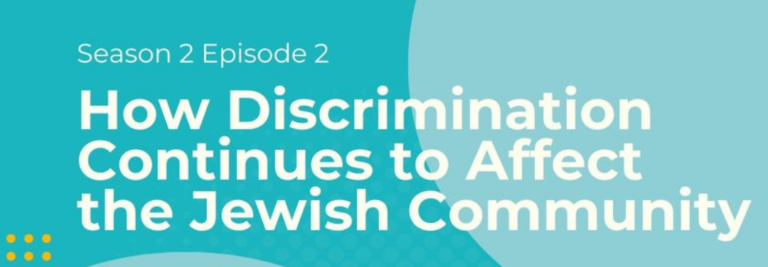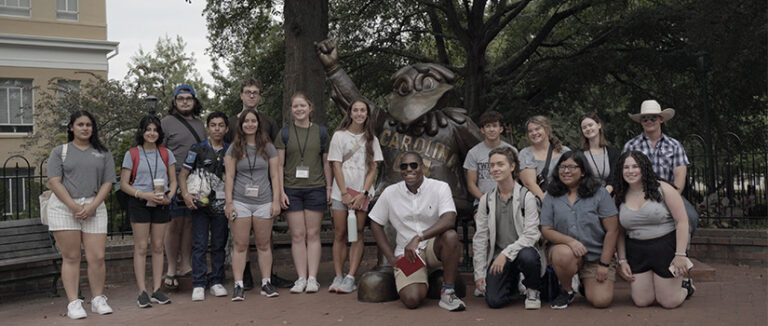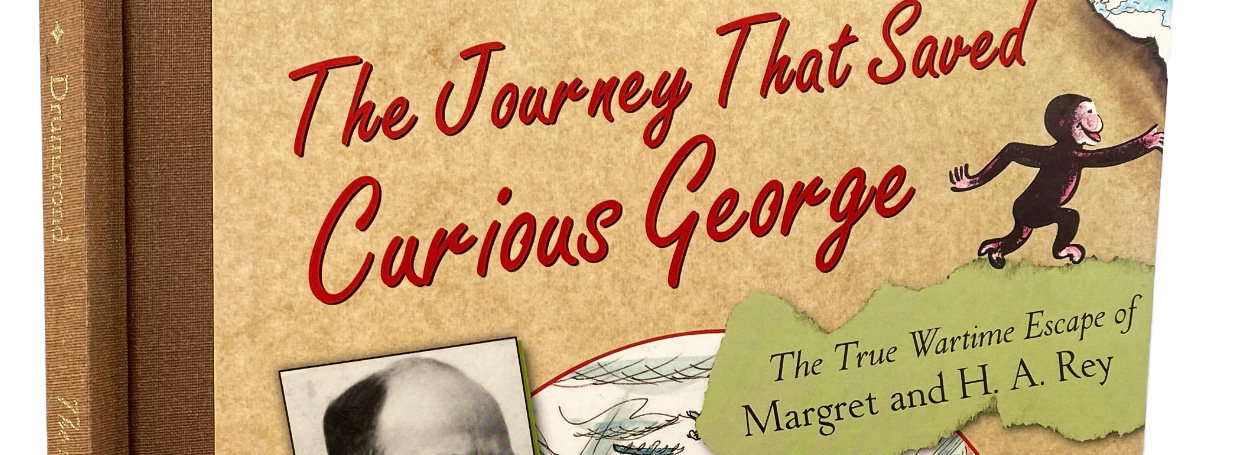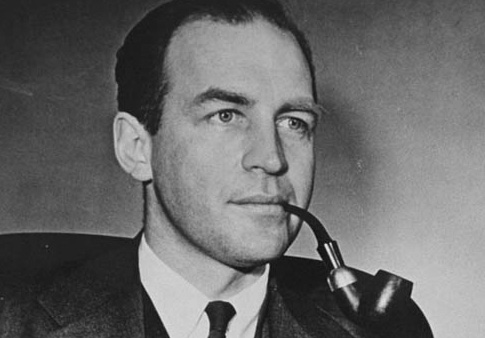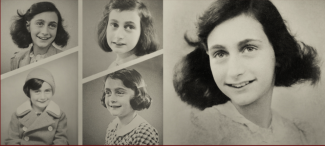
‘It’s a scary world out there’: Women share stories of pain, resilience in face of anti-Semitism
‘It’s a scary world out there’: Women share stories of pain, resilience in face of anti-Semitism
Two women shared an Omaha stage Tuesday to talk about how to light the darkness.
One was an Emmy-winning journalist, the daughter of Greek immigrants whose grandmother was part of a tiny Greek island community that heroically hid a Jewish family from Nazis searching door to door for them during World War II. The Nazis threatened to burn down the island. No one told. The Jewish family survived.
Yvette Manessis Corporon wrote a book about the story, which she first heard around her kitchen table as a child from her grandmother. “Something Beautiful Happened” was published in 2017.
Seated next to her at a luncheon put on by the Anti-Defamation League, Jewish Federation and Institute for Holocaust Education was Mindy Corporon. Her 14-year-old son, Reat, and father, William, were gunned down by a white supremacist outside a Kansas City-area Jewish Community Center.
Mindy had happened upon the grisly scene, which occurred on a brisk, sunny Palm Sunday in 2014. She remembers seeing her father’s body perpendicular to his truck in the parking lot. She remembers screaming, “What happened?”
The two women happen to be related; Yvette is married to Mindy’s cousin.
“I thought you said the Nazis were gone,” Yvette’s 9-year-old son, Nico, said when news of the Kansas shooting reached their home in New York.
Yvette folded that story into her book. Mindy, who until then had been CEO of a wealth management firm, found a way to cope through the loss by starting an interfaith foundation called Faith Always Wins. The family is Christian.
The fact that victims of an anti-Semitic attack were not themselves Jewish is significant, said Pam Monsky of the Anti-Defamation League.
“For us, that’s the message we want to drive home. Anti-Semitism isn’t a Jewish problem,” said Monsky, community development liaison for the ADL’s Plains states region, which covers Nebraska, Iowa and Kansas and is based in Omaha. “It’s a scary world out there.”
Two years ago, a shooting at a Pittsburgh synagogue killed 11 people and wounded six, the worst attack ever on Jews in the United States. Such incidents of anti-Semitism prompted an unusual press request from Monsky in the weeks leading up to this lunch event, held at Champion’s Club in northwest Omaha. She didn’t want advance publicity.
An Omaha police officer provided security for Tuesday’s event.
In the 2014 Overland Park shootings, a 73-year-old Klansman and neo-Nazi killed three people total. Dr. William Corporan, 69, and Reat, who had come to the Jewish Community Center for a singing tryout, were shot inside Corporan’s truck in the parking lot. A third person, occupational therapist Terri LaManno, was killed in the parking lot of a Jewish retirement community about a mile away. LaManno was also a Christian.
The shooter also had fired on others at the two places. He was convicted and sentenced to death.
It can be easy to get lost in the darkness of evil and tragedy. Tuesday’s speakers reminded the audience of 300 — which drew from Omaha’s Jewish and Greek communities — that it’s important to follow those who offer light through their moral courage and strength.
Those light-givers can be the courageous, like the people of Erikousa, an island near Corfu, Greece, who hid a tailor’s family at great risk. Yvette described the island as remote, difficult to get to and a symbol of “how bloodthirsty” the Nazis were. They knew a Jewish family from Corfu had escaped their roundup, and they were on the hunt.
“My father remembers the sound of Nazi boots outside the door,” Yvette said. “He remembers them in our home, ransacking, searching for Jews, saying, ‘Where are the Jews?’ They did this from house to house to house, and these poor, uneducated people with nothing to their names except, you know, a garden and a bunch of chickens … kept the secret. Everyone. They had nothing to gain and everything to lose. Despite that, the simplest, humblest, most impoverished, uneducated people in the world all banded together to save this family.”
The bearers of light also include the suffering, people like Mindy who have experienced tremendous loss and still get up to serve others.
“Our world just collapsed,” she recalled.
And yet, hours after she lost her father and son, she went to a school vigil in an attempt to console youngsters trying to make sense of it.
The givers of light can also be those who bear witness to pain and beauty and take those stories of surviving and thriving to the world.

